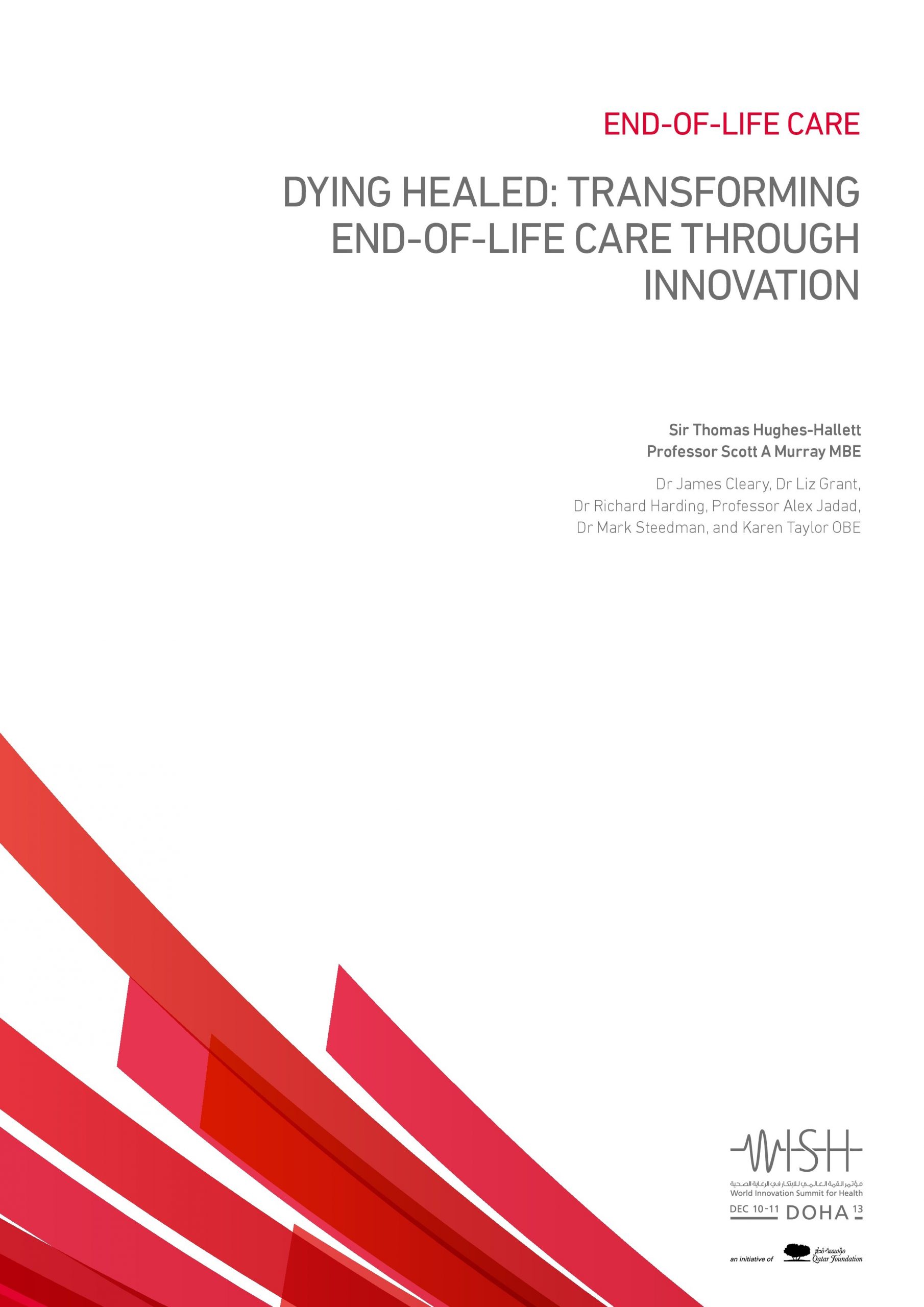End of Life Care (EoLC) is tragically deficient in many areas of the world, particularly in lower and middle income countries. The lack of education, communication, and understanding about death and dying, combined with geographical, cultural, societal, and traditional norms have inhibited quality EoLC in countries hardest hit by the burden of disease. These barriers, along with the lack of access to vital pain medication, have resulted in millions of people suffering unnecessarily at the end of life. Our Forum will encourage nations to make EoLC a national healthcare priority and to create a paradigm shift in which quality EoLC is a benchmark of a successful nation. With representation from across the globe, our Forum accepts the diverse challenges that nations face in caring for patients at the end of life but is adamant that much more must be done to reduce unnecessary suffering across the world. The Forum will recommend specific steps nations can take to dramatically improve EoLC and will focus on innovations that can provide new solutions, whether policy, technology, or logistically driven in nature.
Sir Thomas Hughes-Hallett
Sir Thomas Hughes-Hallett is the Executive Chair of the Institute of Global Health Innovation at Imperial College, London. A trustee for the King’s Fund, he is a former Chief Executive of Marie Curie Cancer Care and has led a number of independent reviews into health and social care issues. After 22 years in banking, Thomas joined Marie Curie Cancer Care in 2000. In 2010 and 2011 he chaired an independent Philanthropy Review, a collaboration of voluntary and private sector bodies which looked to identify ways of achieving a step-change in charitable giving in the UK. He serves on the Kings Fund General Advisory Council, and has acted as chairman of the End of Life Care Implementation Advisory Board, as review chair for the Palliative Care Funding Review for adults and children in England and as a trustee of Esmee Fairbairn Foundation.


